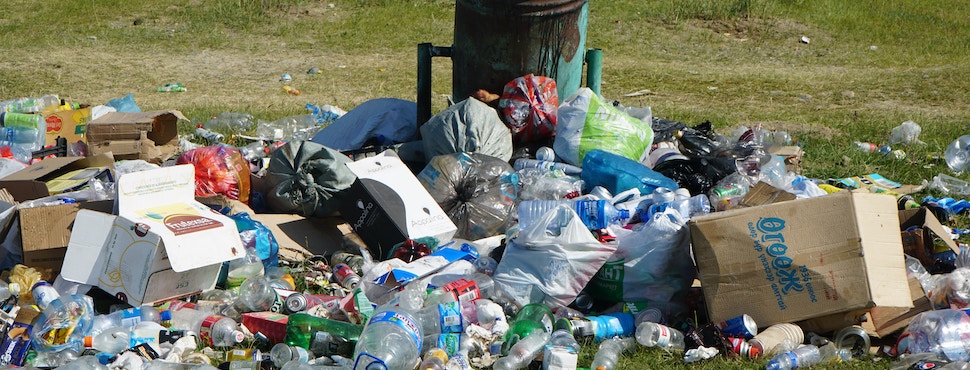As the General Manager at Bakers Basco, I feel compelled to address the recent news report, on plastic innovation in the UK and the challenges faced by businesses in the plastic industry. While it is encouraging to witness legislative action and policy initiatives to tackle plastic waste, it is evident that we must adopt a more holistic approach to drive meaningful change.
Firstly, the mandatory charges imposed on businesses have inadvertently burdened our cost base, leading to increased prices for consumers. To truly address the plastic waste issue, policies should focus on encouraging the use of alternative materials or fostering innovative approaches to reduce plastic waste. For example, we should consider revising laws around plastic waste, enabling individuals to easily recycle plastic without excessive paperwork or bureaucracy, similar to how recycled metal or lead products are handled.
Plastic recycling in Europe represents a significant sector with substantial turnover. However, recyclers are struggling to obtain sufficient sorted plastic waste, which poses a major obstacle to achieving EU targets. This limitation adds to the challenges faced by businesses aiming to transition to a fully circular economy for plastics. The introduction of the Plastic Packaging Tax (PPT) legislation in the UK further complicates matters, as it charges companies that do not meet the 30% recycled content requirement £200 per metric tonne of plastic packaging. This creates long-term hurdles that need to be addressed.
To truly address the plastic waste problem and support the long-term sustainability of the industry, we must take a broader perspective. While legislation is crucial, it is equally important to consider the availability and sourcing of recycled materials. A multi-faceted approach is required, encompassing research and development of innovative alternatives, investments in scalable recycling infrastructure, and collaborative efforts between the government, businesses, and consumers.
To bridge the gap between plastic innovation leaders and lagging nations like the UK, increased investment in plastic innovation is imperative. Governments, industry leaders, and research institutions should work together to foster an environment that encourages the development and implementation of new technologies, materials, and processes. By incentivising research and offering support to businesses, we can pave the way for a sustainable future.
The challenges faced by the plastic industry are complex, and it is essential to acknowledge the limitations of current policies and regulations. We must adopt a comprehensive and forward-thinking approach that encompasses the entire lifecycle of plastic. By reimagining legislation, investing in research and development, and fostering collaboration, we can drive meaningful change and create a sustainable future for the industry. It is time to embrace innovative solutions and work collectively towards a circular economy that prioritizes the reduction of plastic waste while ensuring the long-term viability of businesses.
By Paul Empson, General Manager, Bakers Basco
Originally published Interplas Insights | August 2023
Photo by Ariungoo Batzorig on Unsplash

